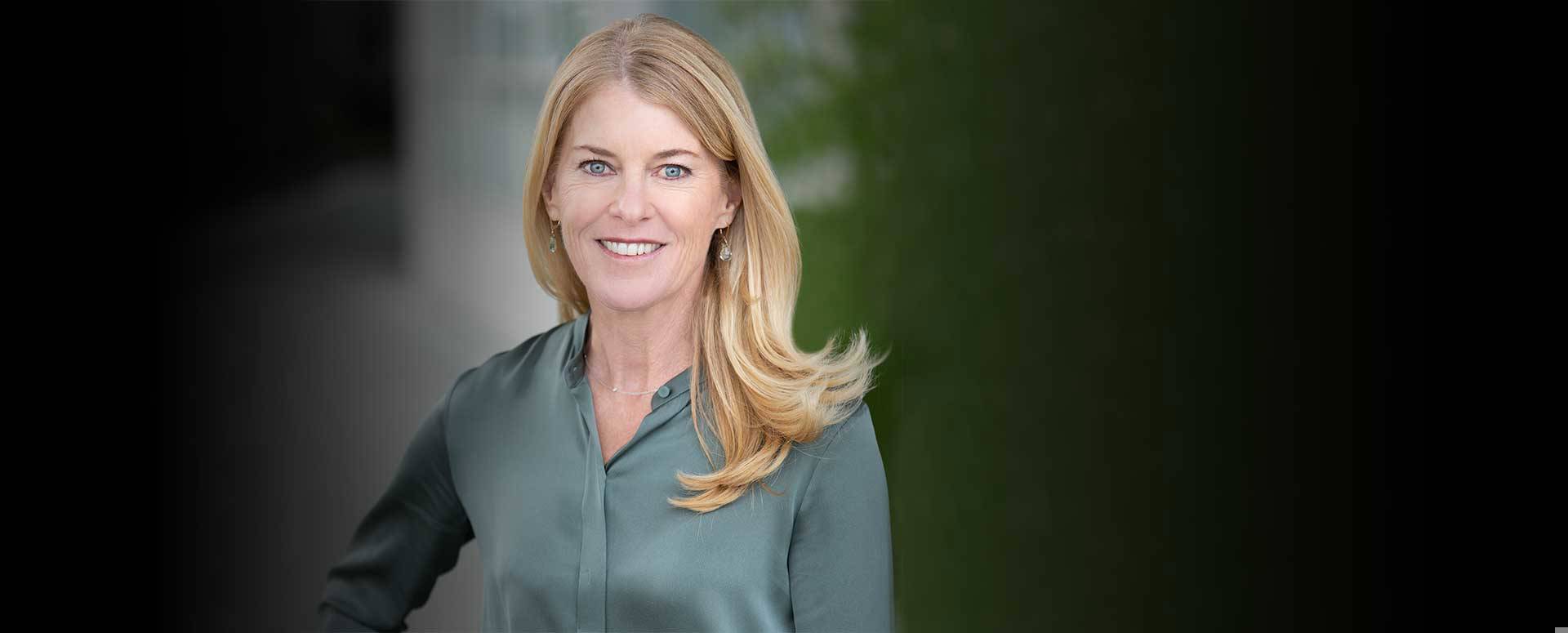
Robin Hauser
Award-Winning Documentary Film Director, TED and Keynote Speaker on Women's Rights, Unconscious Bias, Equal Pay, Bias in AI, & Financial Savviness
Robin Hauser
Award-Winning Documentary Film Director, TED and Keynote Speaker on Women's Rights, Unconscious Bias, Equal Pay, Bias in AI, & Financial Savviness
Biography
Robin Hauser is an award-winning director of documentary films at Finish Line Features. Robin’s most recent documentary, $avvy, (2021) contemplates the historical, cultural and societal norms around women and money and explores why it’s critical for women to take an active role in managing personal finance.
Her film, bias (2018), delves into unconscious bias and how it affects our lives socially and in the workplace. In 2015, CODE: Debugging the Gender Gap, premiered at Tribeca Film Festival, screened at The White House and caught the attention of the international tech industry and of policy makers around the world.
Robin’s exploration into implicit gender and racial bias in artificial intelligence led her to present on the TED stage in December 2017. She also delivered a TEDx talk in 2019 on “The Likability Dilemma for Women Leaders.”
Robin is a diplomat for the American Film Showcase and speaks about unconscious bias, the importance of diversity and inclusion, and on behalf of women’s rights at US Embassies, conferences and corporate headquarters worldwide.
Speech Topics
Bias in Artificial Intelligence
Humans are unconsciously programming bias into AI, resulting in algorithms that depict a skewed version of reality. For example, job posting sites are less likely to recommend prestigious roles to women, and predictive sentencing tools used in courtrooms are almost twice as likely to predict recidivism for African Americans than whites. What leads to this algorithmic bias, and what can be done to mitigate it?
The Competence/Likability Dilemma
Persuasive unconscious gender bias creates a particular challenge for women leaders. Women, unlike men, are rarely perceived as both competent and likable. The more competent a woman is, the less likable she is judged to be by both men and women. This talk dives deep into the competence/likability dilemma and the tools women need to become respected leaders.
Money, Women, Freedom
Persistent gender roles around money leave women particularly exposed. Eight of ten women in the U.S. will be solely responsible for managing their finances at some point in their lives. Yet, 56% of women and 61% of millennial women still abdicate major financial decisions to the men in their lives. This talk explores why it's more important now than ever for women to take the reins of their personal finances.
Women & Financial Wellness
Women, on average, live longer than men. Yet women 65 and older are 80% more likely to be impoverished than men of the same age. This talk emphasizes how important it is for women to engage in personal finance in order to secure their financial future.
Diversity & Inclusion in Tech
There is a dearth of women and people of color in the computer science and technology fields. What is responsible for this lack of diversity and how can companies encourage inclusion?
Unconscious Bias in the Workplace
By nature, humans are biased – but these biases unconsciously influence professional culture and policies that perpetuate racial and gender disparities in hiring, promotion and performance. What can companies do to reduce the impacts of bias on their employees?
The Pay Gap
Women make on average 79% of white men’s earnings. For African American women, that number drops to 63%, and for Latina women it drops to 54%. Why is there such a pay gap, and what can companies do to narrow it?
The Funding Gap
As of summer 2017, US-based Venture Capitalists invested only 4% of funds to women-founded startups. Why aren’t Venture Capitalists investing equitably in women? What can entrepreneurs do to increase their chances of getting funded, and what will convince investors to take a chance on someone that doesn’t “fit the pattern”?
Male Allies
What does it mean to be a “male ally?" How can men – both professionally and socially – be supportive in reducing expressions of gender bias and creating a more equitable playing field for women? How do we recruit such male allies?
Retention of Women
Women tend to leave the workforce at higher rates than men. How do phenomena such as the Competence-Likability Dilemma and the “Mommy Penalty” contribute to women leaving the workplace, and how can companies create supportive policies to retain female employees?
Female Empowerment
Robin’s last two films, CODE: Debugging the Gender Gap and bias, explore the female experience in traditionally male environments, how successful women thrive amidst gendered challenges, and the benefits that female empowerment brings to workplaces, industries, and society.
Documentary Filmmaking
Robin has directed and produced three feature-length documentaries: Running for Jim (2013),CODE: Debugging the Gender Gap (2015), and bias (2018) and one short film, Tino (2018).

)
)
)